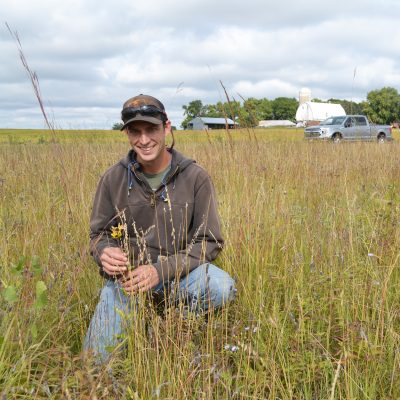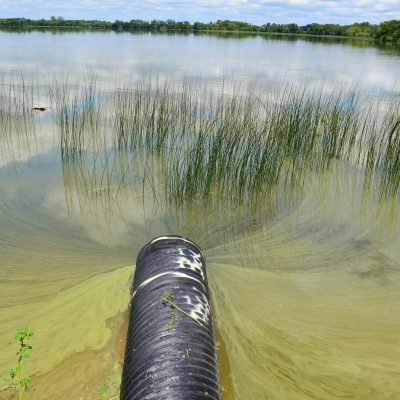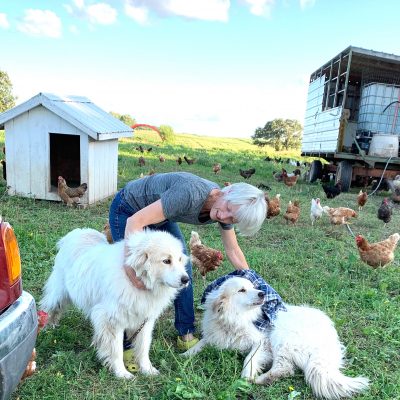Tell Congress Farmers are being Harmed by Federal Funding Freeze
Take Action to Save Programs that Support Regenerative Ag, Emerging Farmers, Food Banks & a Healthy Environment
As you know, farmers across the country are facing critical challenges as the federal funding freeze continues to impact essential agricultural programs. Although farmers were not supposed to be affected by the federal funding freeze, we know that is not the reality on the ground. Last week, Land Stewardship Project staff traveled to Washington, D.C.,… Read More →



